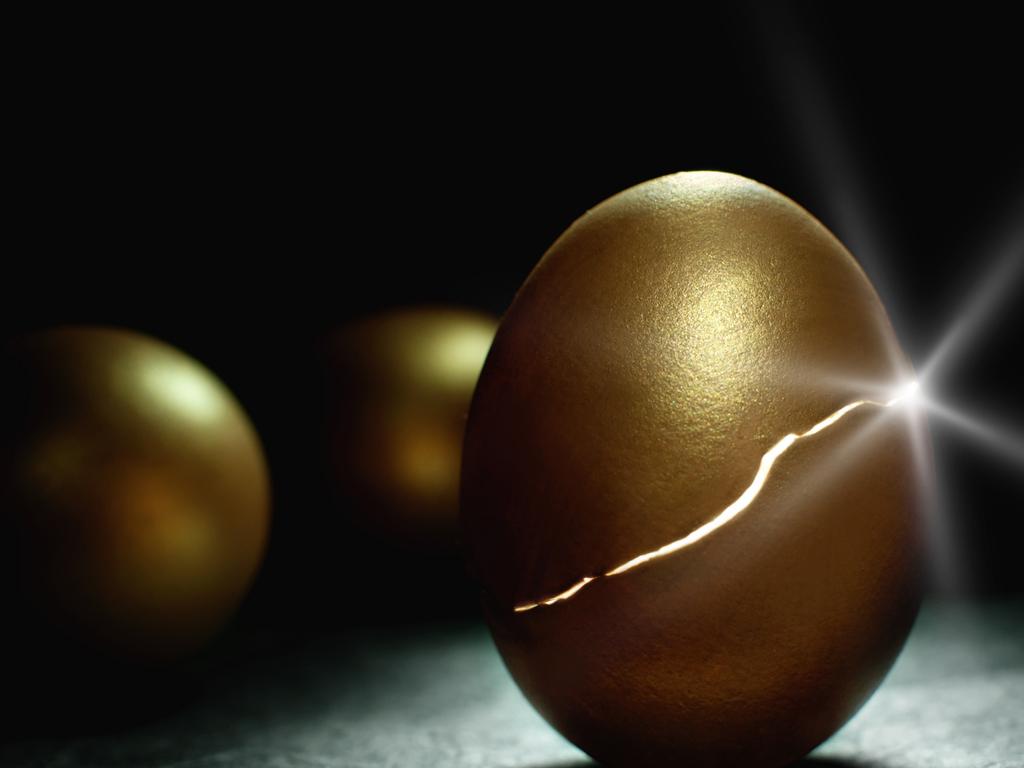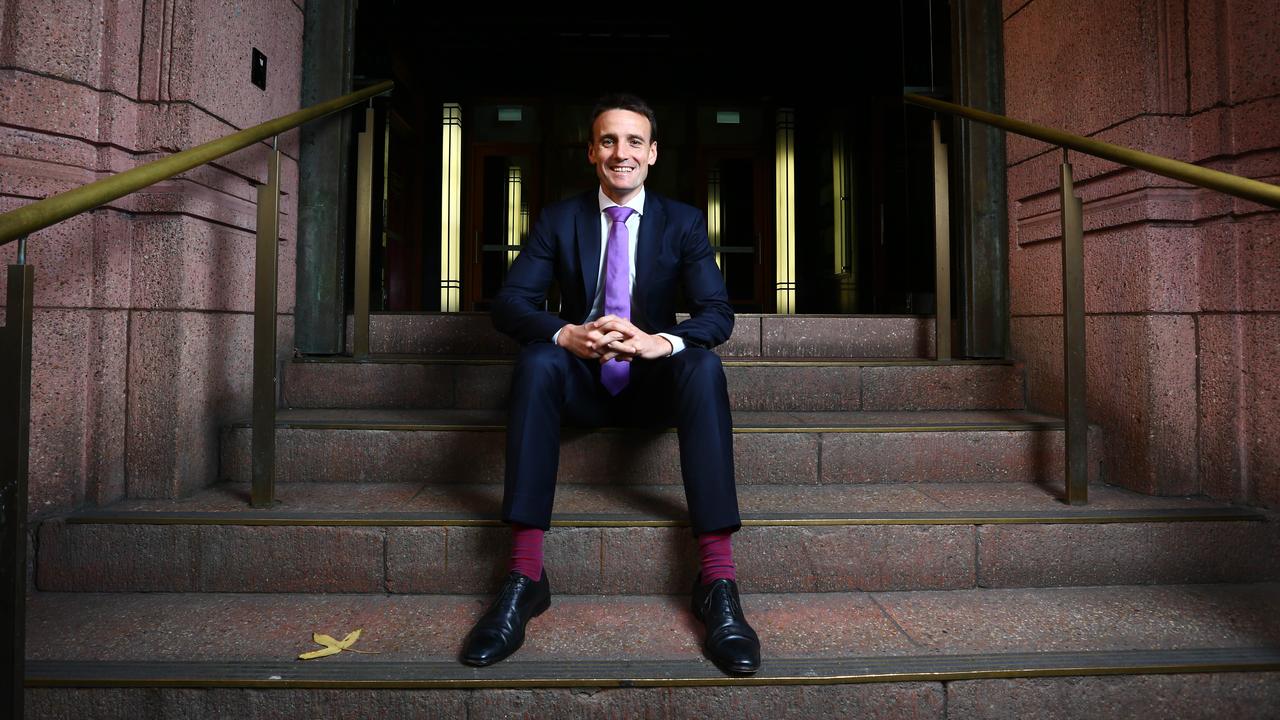Djerriwarrh shifts to growth, cuts premium
Listed investor Djerriwarrh is considering a departure from its 30-year history of targeting a superior dividend yield.

Listed investor Djerriwarrh is considering a departure from its 30-year history of targeting a superior dividend yield, potentially almost halving the yield premium to reflect the realities of low interest rates and weaker corporate earnings.
Djerriwarrh will consider further lowering exposure to historically high dividend payers such as the big four banks and pivot a greater portion of its $700m equities portfolio to more growth-orientated companies, including the tech sector, fintech, healthcare and selected property trusts with exposure to stable tenants and warehouses used by online retail.
Chief executive Mark Freeman said the listed investment company, which is part of the Australian Foundation Investment Co stable of investors, had been saying for some months that the disruptions caused by COVID-19, low interest rates, cancelled dividends and opportunities in growth stocks could force it to rethink its dividend target of about 200 basis points above the market.
“We still feel we can have a good premium to the market yield but in an environment where interest rates are very, very low the sort of premium we have been targeting in the past perhaps is not the appropriate one,” Mr Freeman said on Monday as Djerriwarrh posted a weaker full-year result that forced it to cut its dividend.
“Otherwise you will end up targeting just the highest yielders and miss out on some of the growth stocks coming through. That is why we have had a bit of a rethink.
“Djerriwarrh will still be a little bit sensitive to the franking and dividends.
“If we were thinking around a 2 per cent premium to the market in the past, if the market is 4 to 4.5 per cent, to think you are going to get 6 per cent when interest rates are 0.2 per cent, it is probably unrealistic.
“It means you do have a bit too much in the banks, but these are things under structural pressure, so we are thinking we can have an enhanced yield maybe 1 to 1.2 per cent ahead of the index instead of 2 per cent.
“It is still a very good enhanced income yield when rates are so incredibly low.”
The shift from dividends to growth could send shockwaves through the normally staid and conservative listed investment company sector led by companies such as Djerriwarrh stablemate AFIC, and the twin funds Australian United Investment and Diversified United Investment overseen by Liberal Party stalwart and former ANZ chair Charles Goode.
A shock to shareholders
These listed investors, with more than $10bn of Australian shares in their portfolios, are being forced to confront the new economic environment.
It might also come to a shock to the tens of thousands of Djerriwarrh shareholders — many of which are retirees — who since its foundation in 1989 and listing in 1995 have included the stock as a cornerstone of portfolios because of a consistent stream of fully franked dividends.
But this potential pivot to growth stocks could also allow Djerriwarrh’s investment team to make room in the company’s portfolio for fast-growing stocks, especially in the tech space, which typically don’t pay a high dividend or any dividend at all.
“If we only need to be 1 per cent ahead (of the market yield) then that makes us think we can have a little bit more healthcare, and have a bit more tech in there and then get a portfolio that adds a bit more growth to it,” Mr Freeman said.
Djerriwarrh’s full-year result showed the bruises as many of its stocks cancelled, cut or delayed dividends, such as the banks, and skyrocketing healthcare stocks triggered call options Djerriwarrh had written and subsequently had to be sold, seeing it miss out on further upside.
The LIC said its net operating profit — the key component of its dividend — was $28.1m, down 25.5 per cent from fiscal 2019, while net profit was down 4.1 per cent to $32.9m. Revenue from its operating activities was down 28.2 per cent to $28.6m.
The listed investor declared a final dividend of 5.25c per share, down from 10c for the same time last year, payable on August 28. This brings total dividends for the year to 14c per share, down from 20c in 2019.
Djerriwarrh said under normal circumstances the final dividend would be close to the net operating result for the half of 4.9c, but the board considering the difficult conditions brought about by COVID-19 had decided to use some reserves to bring the final dividend to 5.25c.
The company had deep enough reserves to top up the dividend for a number of years, but that pool wasn’t infinite.
“The overall dividend is still down, but … that is why you have the reserves. When things get tough we can give that to you now and we could certainly add a bit more for two or three more years,’’ Mr Freeman said.
Shares in Djerriwarrh ended 1.5 per cent down at $2.61.







To join the conversation, please log in. Don't have an account? Register
Join the conversation, you are commenting as Logout